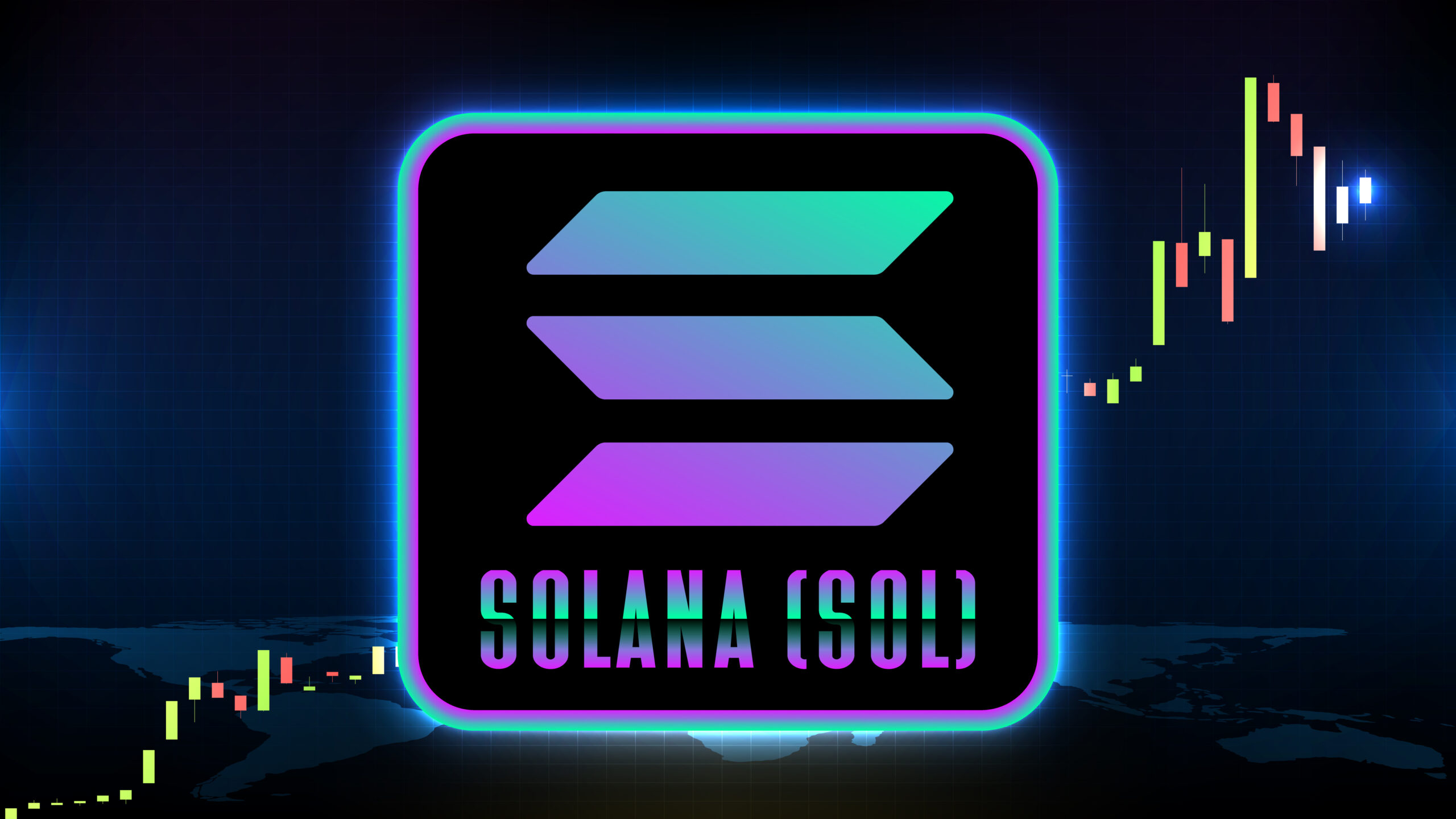What Makes Solana the Preferred Blockchain for NFT and DeFi Projects?
Introduction In the ever-evolving blockchain space, developers and investors are constantly searching for a network that provides high-speed transactions, scalability,...

Introduction
In the ever-evolving blockchain space, developers and investors are constantly searching for a network that provides high-speed transactions, scalability, and cost-efficiency. Among the many blockchain networks available, Solana has emerged as a preferred choice for NFT (Non-Fungible Token) and DeFi (Decentralized Finance) projects. Its unique consensus mechanism, low transaction costs, and high throughput make it stand out in a competitive market. This blog delves deep into why Solana is gaining traction in these domains and how it continues to shape the future of blockchain applications.
Understanding Solana: A Brief Overview
Solana is an open-source blockchain platform designed to support decentralized applications (dApps) and crypto projects. Launched in 2020 by Anatoly Yakovenko, Solana addresses some of the key limitations of existing blockchain networks, such as slow transaction speeds and high fees. Solana’s architecture is built for high efficiency and scalability, making it an ideal ecosystem for DeFi and NFT development services.
Key Features of Solana that Attract NFT and DeFi Projects
1. High Transaction Throughput
Solana boasts an incredibly high transaction throughput, capable of handling up to 65,000 transactions per second (TPS). This is a significant advantage over Ethereum, which can process only around 15-30 TPS. The high-speed transactions are a critical factor for DeFi applications, which require real-time trading and liquidity movement, as well as NFT marketplaces that handle thousands of transactions simultaneously.
2. Low Transaction Costs
One of the biggest challenges for Ethereum-based projects is the high gas fees, which can be prohibitive for users and developers alike. Solana, on the other hand, offers transaction fees as low as $0.00025 per transaction, making it a cost-effective option for NFT minting and DeFi trading. This affordability encourages wider adoption and frequent usage.
3. Innovative Proof-of-History (PoH) Mechanism
Solana’s unique consensus mechanism, Proof-of-History (PoH), enhances efficiency by creating a historical record that proves an event has occurred at a specific time. PoH works in conjunction with the Proof-of-Stake (PoS) consensus, allowing Solana to maintain network security while achieving unprecedented speeds. This innovation is a game-changer for DeFi protocols that rely on accurate time-stamping and for NFT platforms needing rapid verification of transactions.
4. Scalability Without Compromising Decentralization
Unlike many other blockchains that struggle with the scalability trilemma (decentralization, security, and scalability), Solana uses its advanced architecture to scale without compromising security or decentralization. This is particularly beneficial for DeFi projects that require high-frequency transactions and NFT platforms that experience sudden surges in demand.
5. Strong Ecosystem and Developer Support
Solana has attracted a vibrant developer community, offering robust support through tools, documentation, and funding opportunities. The Solana Foundation actively supports projects through grants and incubation programs, fostering innovation within the NFT and DeFi space. Developers find it easier to build and deploy smart contracts on Solana, given its user-friendly programming language, Rust.
6. Enhanced Security and Network Reliability
Security is a crucial concern for both NFT and DeFi projects, given the increasing number of exploits in the blockchain space. Solana’s network has been designed to resist attacks while maintaining low latency and high throughput. Additionally, the network regularly undergoes upgrades to improve its resilience against potential vulnerabilities.
Why Solana is Ideal for NFT Projects
- Fast and Cost-Effective NFT Minting: Solana’s low-cost transactions make it affordable for artists and creators to mint NFTs without worrying about excessive fees.
- Scalability for NFT Marketplaces: Platforms like Magic Eden and Solanart leverage Solana’s high-speed processing to provide seamless trading experiences.
- Interoperability and Smart Contracts: Solana’s smart contracts enable advanced NFT utilities, such as staking, royalties, and dynamic NFTs.
- Growing NFT Community: The Solana NFT community is expanding rapidly, with multiple projects receiving significant attention and funding.
Why Solana is a Powerhouse for DeFi Projects
- High-Speed Trading: DeFi platforms like Serum and Raydium benefit from Solana’s near-instant transactions for order book matching and liquidity pooling.
- Low Costs for Yield Farming & Staking: DeFi users can participate in staking and yield farming without worrying about hefty fees.
- Composability Across DeFi Applications: Solana supports seamless integrations between different DeFi protocols, allowing for better liquidity aggregation.
- Institutional Adoption: Major financial players are showing interest in Solana-based DeFi development solutions due to its efficiency and low operational costs.
Challenges and Future Prospects
Despite its advantages, Solana faces challenges such as occasional network outages and concerns over centralization due to a smaller validator set compared to Ethereum. However, continuous development and upgrades are addressing these issues, positioning Solana as a long-term player in the blockchain space.
Looking ahead, Solana’s ecosystem is expected to expand further, with more developers building dApps, NFT platforms, and DeFi solutions on the network. As blockchain adoption grows, Solana’s emphasis on speed, cost efficiency, and scalability will continue to attract new projects.
Conclusion
Solana’s combination of high throughput, low fees, and innovative architecture makes it an attractive blockchain for both NFT and DeFi projects. As it continues to refine its technology and address scalability concerns, Solana is well-positioned to become a dominant force in the blockchain space. Webcom Systems is at the forefront of blockchain innovation, utilizing Solana’s robust ecosystem to build advanced NFT and DeFi solutions. Developers, investors, and users seeking a seamless experience in NFT creation and DeFi applications will find Solana to be a compelling choice for the future of decentralized innovation.




